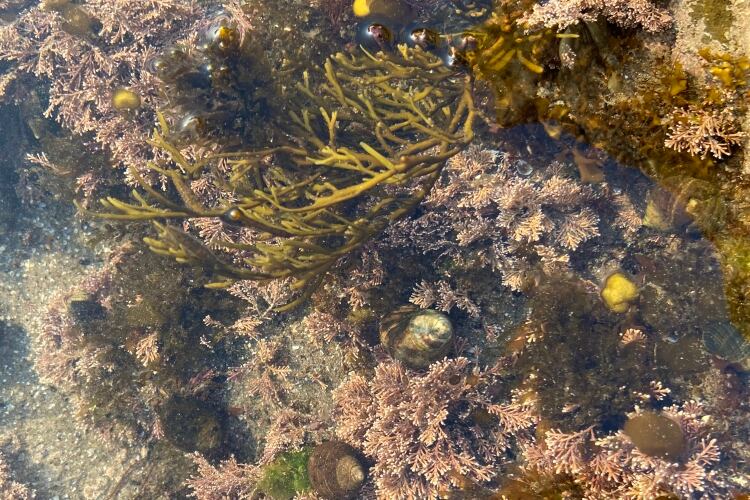In an industry first, the move could see DS Smith use seaweed across its packaging network as an alternative fiber source to wood. Following initial testing, the company is also exploring the potential of seaweed to play a significant role in the purge on plastics by acting as a barrier coating to replace petroleum-based packaging used to protect many foodstuffs.
DS Smith is talking to biotechnology companies to explore the use of seaweed fibers in a range of packaging products such as cartons, paper wraps and cardboard trays.
Thomas Ferge, paper and board development Director at DS Smith, said, "As a leader in sustainability, our research into alternative raw material and fiber sources has the potential to be a real game changer for our customers and consumers who increasingly want products that are easy to recycle and have a minimal impact on the environment.
"Seaweed is one of the many alternative natural materials we're closely looking at, and while most people probably associate it with the beach or as an ingredient in sushi, it could have some exciting applications for us to help create the next generation of sustainable paper and packaging solutions."
Given its wide range of uses, seaweed in manufacturing is a burgeoning market. The European seaweed industry alone is predicted to be worth almost £8bn by 2030, generating some 115,000 jobs.
The seaweed project is part of DS Smith's £100m Circular Economy R&D program announced earlier this year. Its work on natural fibers also includes other natural materials such as straw, hemp, miscanthus and cotton, as well as from more unusual sources such as the daisy-flowered cup plant and agricultural waste like cocoa shells or bagasse - the pulp fiber left over after sugar cane is processed.
DS Smith said by 2023, it will manufacture 100% reusable or recyclable packaging and its aim is that by 2030, all of its packaging will be recycled or reused.

